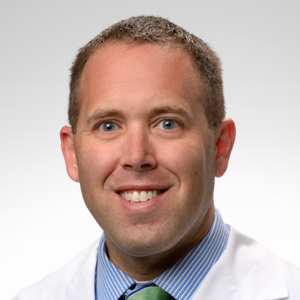How to Avoid Heat Stroke
Protect Yourself and Your Loved Ones
Published July 2021
When you find yourself feeling dehydrated or suspect that you might have heat exhaustion, taking immediate care of your body is necessary. Not only will it help your body function as it needs to, but it will also prevent you from experiencing dangerous heat-related illnesses, such as heat stroke.
About Heat Stroke
Heat stroke is the most severe form of heat illness. When your body has had too much exposure to high temperatures, it can become overwhelmed by heat, causing its cooling system to fail. At this point, your body temperature may rise to dangerously high levels.
Steven E. Mayer, MD, a Northwestern Medicine Sports Medicine physician, says there are some telltale signs of heat stroke:
Have your hydration and fluids readily available.— Steven E. Mayer, MD
- Excessive sweating
- Skin that is hot to the touch
- Difficulty thinking and reasoning
Other symptoms can include:
- Fatigue
- Rapid heart rate
- Loss of appetite
In severe cases of heat stroke, your brain and other vital organs may shut down, which could lead to death.
Preventive Measures
Dr. Mayer says staying hydrated is key to combatting heat illnesses."Most people who have heat stroke are probably dehydrated," he says. "Have your hydration and fluids readily available and be sure to hydrate continually throughout the day." Drinking water and sports drinks is best, especially during vigorous exercise. Drinks with caffeine or alcohol can lead to dehydration.
Here are other precautions to consider to avoid heat stroke:
- Never leave children alone in a car. Being left in a car is a leading cause of infant death from heat illness in the U.S.
- On hot days, opt for light-colored, lightweight and loose-fitting clothing.
- Take rest periods in the shade or in cool areas.
- Certain health conditions and medications can make you more susceptible to heat illnesses. Talk with your healthcare provider for advice to stay safe.
Emergency medical care is necessary whenever these precautions don't succeed in preventing heat stroke. Heat stroke requires immediate medical care. If you suspect heat stroke, call 911.






